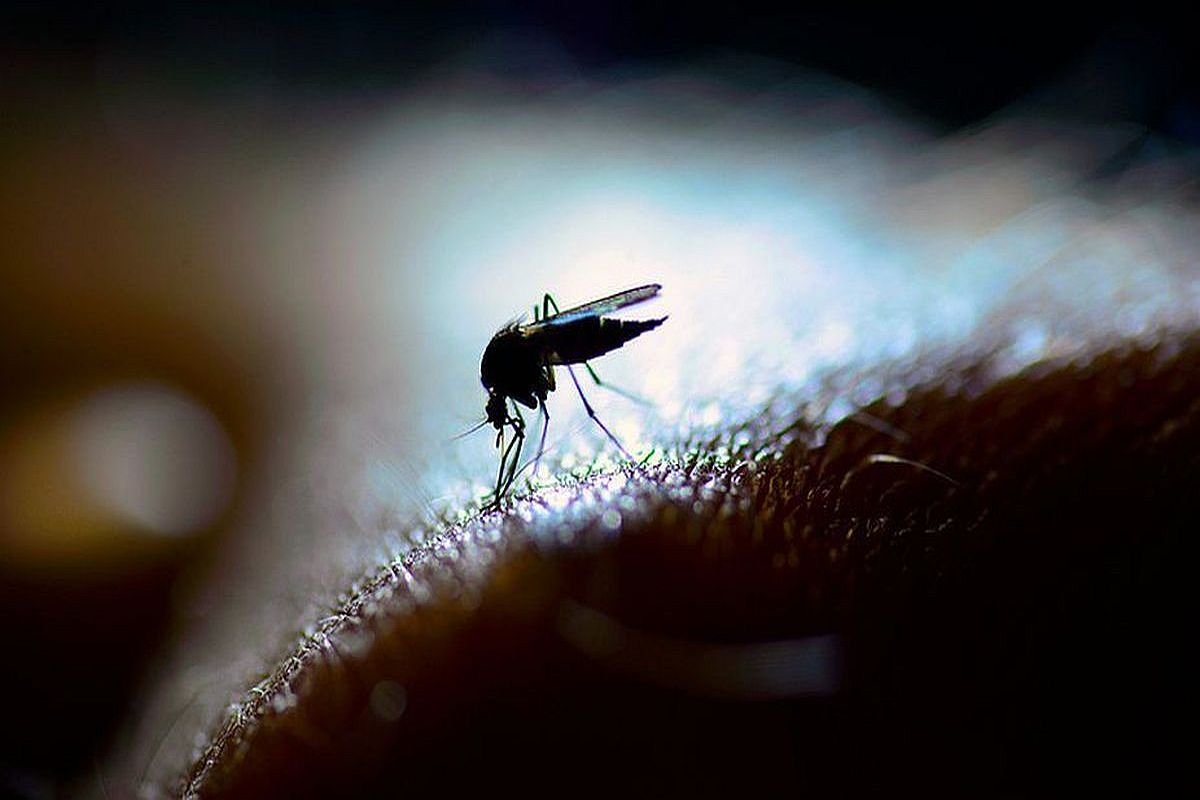Still unexplained
The hunt for the origins of Covid-19 has for the past four years been a tangled web of politics, power struggles, and international finger-pointing.
Frontline workers of the civic body are engaged in tackling Covid-19, especially as the cases are on the rise in the town, owing to which the SMC has not been able to implement a yearly comprehensive anti-dengue plan.

Representational Image (Photo: Getty Images)
With the monsoon setting in and mosquito bites going unchecked, the Siliguri Municipal Corporation (SMC) is facing an uphill task when it comes to implementing a comprehensive anti-dengue strategy/drive. Vector biologists said this is the appropriate time for vector management. Frontline workers of the civic body have been engaged in tackling Covid-19 for the past few months, especially as the cases are on the rise in the town.
“The state government prepares the comprehensive plan to tackle dengue. We had drawn up a round-theyear action plan to prevent vector-borne diseases early this year and sent it to the health department. We had launched awareness programmes with the advice of the health department. The lockdown created problems as normal work was hit, and we became busy focusing on Covid-19 instead. As we conduct santisation for Covid-19, spraying to kill mosquito larvae is also going on side by side. But we could not start the house-to-house survey to collect information, since we are yet to receive guidelines from the state government. Teams have also not been formed this year,” said the member of the board of administrators of the SMC, health, Sankar Ghosh.
Many residents, however, said they have not seen spraying in the wards.
Advertisement
“Health workers are visiting residences to collect information about symptoms related to Covid-19, and enquiring whether any person from outside has arrived. But unlike previous years, they are not asking if there is any stagnant water inside houses. There is no respite from mosquito bites,” said a school teacher and resident of Ward-13, Durjay Majumder.
“It is true that most of us are more concerned about Covid-19 rather than dengue, but I have not seen even routine programmes taken up by the civic body, including distribution of leaflets on vector-borne diseases, and spraying,” he added.
Public health experts associated with vector-control programmes, meanwhile, said Covid-19 does not mean other viral, bacterial and vector-borne infections will be prevented.
They warned that owing to the monsoon season, the temperature variation helped viruses to replicate faster. Siliguri recorded 335.9 mm of rainfall until today, an average of 20.99 mm a day.
The rainfall has led to water accumulation in the town. Insect biologist and head of the department of Zoology, North Bengal University, Dr Dhiraj Saha, said that the rains now mean an ideal condition for the breeding of the dengue virus-carrying Aedes aegypti mosquito.
“Larval habitat destruction is the first and safest method of dengue prevention. This is an ideal environment for mosquitoes to breed in clean stagnant water and the breeding reaches a peak this season. Therefore, this is the proper time for vector management. It has been observed in the past three-four years that there is a surge in dengue cases from August- September,” said Dr Saha, who has carried out studies on mosquito control and management.
According to him, the dengue outbreak season is governed by the growth and proliferation of the vector mosquito population.
The disease had claimed around six persons, while more than 1300 people were tested dengue-positive in the SMC last year.
As the dengue threat looms large, the leader of the coordinators at the SMC, Ranjan Sarkar, said the civic body should clear the high drains to prevent water accumulation.
Advertisement